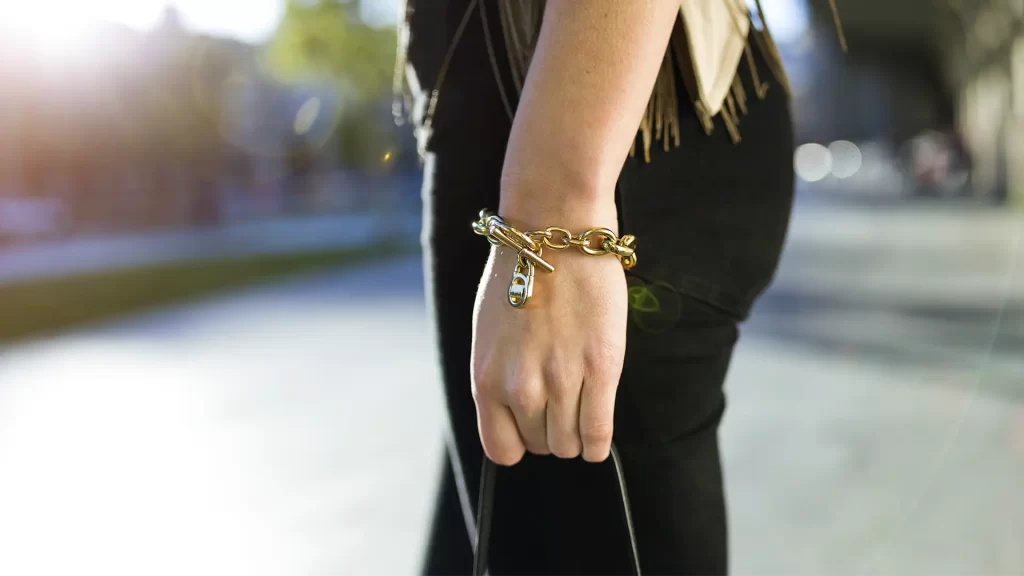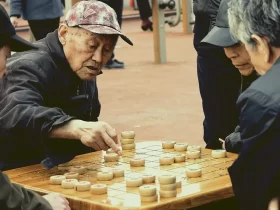Traveling is one of the best experiences we can have. Getting to know other places, trying new foods and immersing ourselves in different cultures fills us with incredible memories. But, beware! Although most people are friendly and honest, there are some who see tourists as easy targets for scams. Here I tell you about the most common traps you might encounter and how to avoid them, as if told to you by a friend before you pack your bags.
“The Broken Taximeter”
In some cities, especially in areas with a lot of tourism, it is common for cab drivers to say that their taximeter is broken and charge you an exaggerated fare at the end of the trip. If you see that the meter isn’t working, better negotiate the price before you get in, or look for cabs from reliable apps. And if the driver insists too much, find another cab!
“The Bracelet Trick”
This is very common in Europe, especially in cities like Paris or Barcelona. Basically, someone comes up to you, offers you a “gift” bracelet or ties it on your wrist, saying it is a symbol of friendship or good luck. Once you have the bracelet on, they ask you for money. The best way to avoid this is with a smile and a firm “no, thank you. And keep your hands to yourself!
“The Photographer Friend”
You go to take a picture at a tourist spot and suddenly someone kindly offers to take it for you. Everything seems fine until you try to get your camera or phone back… and the person asks you for money for the photo. There are even those who walk away with your device. If someone offers to take your picture, make sure it’s someone you trust, or better yet, ask other tourists for help.
“The Fake Entrance Ticket”
At famous tourist sites, such as the Colosseum in Rome or the Eiffel Tower, you may be approached by people selling you “fast track tickets” to avoid the long lines. It sounds tempting, but many times these tickets are counterfeit or incredibly expensive. The best way to be sure is to buy your tickets only from official ticket offices or reputable websites.
“The Overpriced Coffee Scam”
Imagine you are in a beautiful square in Venice or in a cafe in the center of Paris. You order a coffee or a glass of wine and they bring you the bill… for a ridiculous price! Many tourist restaurants inflate their prices or overcharge foreigners. A good tip is to always check prices before ordering or ask if they charge extra for being on the terrace. Better safe than sorry.

“The Fake Bill Change”
This is classic in many countries, especially if you are not familiar with the local currency. When paying with a large bill, some vendors or cab drivers try to trick you by exchanging it for a smaller bill, saying you paid less. Before handing over the money, be sure to say out loud the value of the bill or show it well.
“The Free Map or Guide”
Another one you see a lot is when you are approached by “volunteers” to help you with maps or city information. However, in the end they end up charging you for their “services” or even asking for a donation. It is better to rely on official guides or apps, and not get carried away by strangers who offer themselves out of the blue.
“The Lost Ring Scam”
This one is popular in Paris. Someone pretends to find a gold ring on the ground near you and shows it to you, saying you must have lost it. Then, they offer it to you as a “gift” and, in the end, ask you for money in exchange for this “treasure”. If this happens to you, just say thank you and be on your way.

“The Stowaway on the Restaurant Bill”
In some tourist areas, some restaurants may include extra charges on the bill, such as bread or silverware that you didn’t ask for. If you see unexpected charges on the bill, don’t hesitate to ask for an explanation. There is nothing wrong with making sure you only pay for what you ordered.
“The Persistent Street Artist”
In cities like Rome or New York, it is common to see street artists doing caricatures or playing music. Some may approach you and offer you a free caricature or a song. However, they eventually ask you for money and, if you don’t want to pay, they can get pushy. The best way to avoid this is to be clear up front if you are not interested.
How to Protect Yourself
Scams can ruin a travel experience, but don’t worry, with a little caution, they’re easy to avoid! Here a few quick tips:
- Do your research first: Knowing what scams are common at your destination will help you recognize them right away.
- Be polite but firm: A polite “no, thank you” can ward off many scammers.
- Trust your instincts: If something sounds too good to be true, it probably is.
Travel is amazing, and with these little tricks, you’ll be able to enjoy it without worrying, so be prepared and live the adventure without falling into these traps!








































Leave a Reply